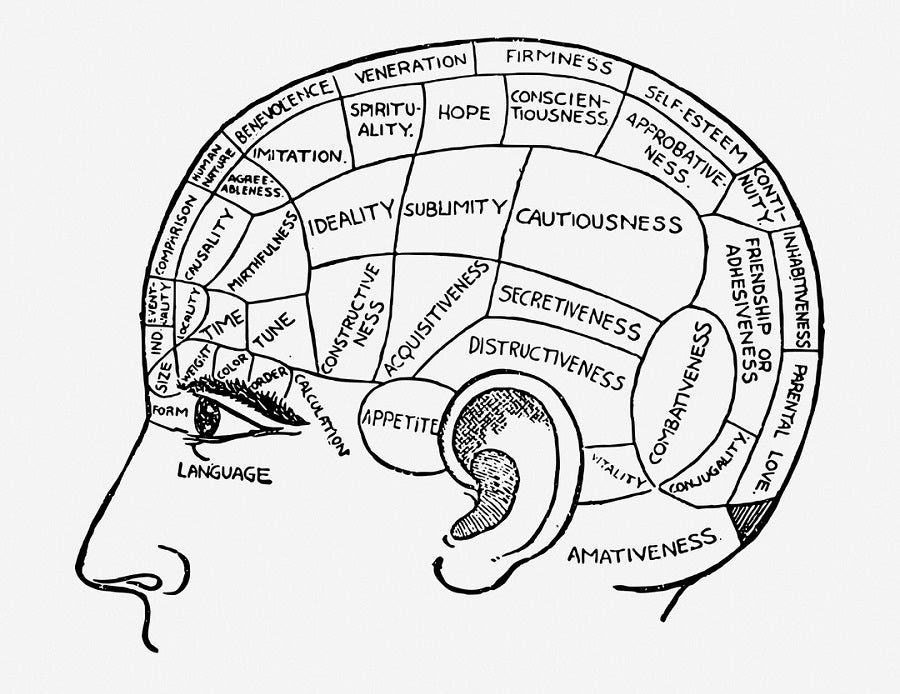In the whirlwind of our fast-paced and demanding lives, sleep is often undervalued and overlooked. But research highlights the critical role that sleep plays in maintaining optimal cognitive function and our overall sense of well-being. If you are looking for ways to maximize your mental capacity and preserve your mental health, prioritizing sleep should be your first step. Improving your sleep habits can impact your cognitive ability, reduce the risk of dementia, and enhance your overall quality of life.
The Importance of Sleep for Memory and Cognitive Function
Restful sleep is not merely a period of inactivity. It is a vital process that allows our brains to consolidate and organize information gathered during the day. When we sleep, our brains undergo various processes that help solidify memories, enhance learning, and optimize performance.
Consolidating Memories. One of the primary functions of sleep is memory consolidation. During the deep sleep stages, also known as slow-wave sleep, the brain actively strengthens and integrates new information into existing neural networks. This consolidation process is essential for transferring memories from short-term storage to long-term storage, allowing us to recall and access information more efficiently.
Enhancing Learning and Problem-Solving. In addition to memory consolidation, sleep also plays a crucial role in facilitating learning and problem-solving abilities. Studies have proven that a well-rested brain exhibits improved creativity, cognitive flexibility, and logical reasoning. Quality sleep allows our brains to process and integrate information, making it easier to grasp complex concepts and discover new solutions.
Clearing Brain Toxins. Restorative sleep also helps clear the brain of harmful toxins accumulated during wakefulness. The glymphatic system, a network of vessels in the brain, becomes more active during sleep, flushing out waste products such as beta-amyloid, a protein that has been associated with Alzheimer’s disease. The cleansing process supports brain health and may reduce the risk of dementia.
7 Habits for Better Sleep
We all know that awful feeling of waking up after a restless night. You feel like you are moving in slow motion. You desperately crave coffee to jumpstart your foggy mind. And you can’t shake that groggy and sluggish feeling all day. The quality of our sleep has a profound impact on our overall well-being, physical health, mental clarity, and emotional stability. That is where sleep hygiene comes in—a set of habits and practices to promote a good night’s sleep. Here are the seven key steps for a better night of slumber:
- Stick to a consistent sleep schedule. Maintaining a regular sleep schedule is essential to regulate your body’s internal clock. Establish a consistent bedtime and wake-up time, even on weekends! It’s often easier said than done. But by sticking to a routine, you can synchronize your body’s sleep-wake cycle, making it easier to both fall asleep and wake up naturally.
- Create a soothing sleep environment. Design your bedroom to be a tranquil place to relax. Keep your bedroom cool, dark, and quiet to promote better sleep. Consider using blackout drapes, earplugs, or a noise machine to block out any disruptions that might interfere with sleep.
- Establish a pre-sleep ritual. Engage in a calming routine before bedtime to signal your body and mind that it is time to wind down. It can be as simple as reading a book, taking a warm bath or shower, practicing yoga or gentle stretching, or listening to soothing music. Avoid stimulating activities or exposure to a bright screen. The blue light emitted by electronic devices may interfere with your body’s production of melatonin, which helps regulate sleep.
- Limit stimulants and heavy meals. Avoid consuming stimulants, like caffeine or nicotine, close to bedtime because these can disrupt sleep patterns and make it difficult to fall asleep. Also, avoid large or heavy meals before bed, as indigestion and discomfort can interfere with your ability to sleep peacefully. Nutrition can play a role in better sleep. If you feel hungry before bedtime, choose lighter, nutritious snacks.
- Exercise regularly. Regular physical activity has been shown to improve sleep quality. Engage in moderate exercise during the day, such as walking, jogging, or yoga. But avoid vigorous exercise too close to bedtime, as it can elevate your heart rate and make it more challenging to fall asleep.
- Manage your stress level. Stress and anxiety can significantly impact the quality of your sleep. Incorporate stress management techniques into your daily routine by practicing mindfulness or meditation, journaling, or engaging in activities that bring you joy and help you to relax. Create a bedtime ritual that incorporates stress-reducing practices to help calm your mind and prepare you for a restful night.
- Limit daytime napping. A short power nap can be refreshing and give you a boost in your day. However, excessive daytime napping or napping too close to your bedtime can be disruptive to your sleep at night. If you need to nap, keep it short (no more than 20 minutes) and try to nap earlier in the day.

Image credit: rawpixel6439312
How Dementia Affects Sleep
For people living with dementia, not sleeping is a common complaint. Dementia brings about significant changes in sleep patterns, causing individuals with Alzheimer’s disease or another form of dementia to lose sleep. As dementia progresses, sleep disturbances become increasingly common, causing fragmented and restless nights. These disruptions can take various forms, from difficulty falling asleep to frequently waking during the night and daytime sleepiness.
Dementia can damage the areas of the brain that are responsible for regulating sleep. The hypothalamus and the suprachiasmatic nucleus (SCN) are two key brain areas responsible for controlling sleep-wake cycles and regulating the body’s internal clock, also known as the circadian rhythm. The hypothalamus acts as the control center for sleep, coordinating the release of certain hormones and neurotransmitters that promote wakefulness or sleep. The SCN serves as the master pacemaker for the circadian rhythm, synchronizing the body’s internal clock with external cues, such as daylight. Disrupting the body’s internal clock can lead to an imbalance in sleep-wake patterns and difficulties maintaining a regular sleep schedule.
Lack of sleep and cognitive decline are closely linked. Beyond leaving someone with dementia feeling tired and sluggish, sleep disturbances can worsen confusion, agitation, and behavioral issues during the day, making caregiving more challenging. And the cognitive functions and memory consolidation processes that rely on quality sleep are compromised. This creates a cycle where sleep disruptions worsen cognitive decline, while cognitive decline, in turn, disrupts sleep. To provide the best care you must address sleep problems compassionately. By improving their sleep quality, you can enhance their overall well-being, manage the progression of the disease, and offer them a better quality of life.
Help Your Loved Ones with Dementia Sleep More Soundly
As a caregiver, you may find that ensuring your loved one with Alzheimer’s or another form of dementia gets a quality night of sleep can be challenging. A good place to start is to find a bed where they will be comfortable and safe. Consider adding a Dawn House bed system at home. For bed safety, the adjustable bed height feature allows for easy access and minimizes the risk of falls, promoting independence and security. Additionally, the optional support rails provide stability and assistance for people who need help getting in and out of bed. The motion-activated underbed lighting reduces disorientation during nighttime bathroom visits by clearly lighting the way.
In addition, the Dawn House bed system’s health sensors passively monitor sleep cycles and vital health indicators, providing valuable insights for healthcare professionals to make informed decisions about sleep interventions. The anti-snore feature is designed to automatically raise the head of the bed, alleviating the effects of snoring, and promoting better breathing during sleep. Further, the Rise-to-Wake feature allows you to set a specific time for the head of the bed to rise gently, serving as a gentle alternative to a traditional alarm clock. This gradual waking mechanism can create a peaceful transition from sleep to wakefulness, ensuring a more pleasant start to your loved one’s day.
By incorporating the Dawn House bed system into your loved one’s home, you provide them with a comprehensive solution that goes beyond basic comfort. The sleep system supports safety, health monitoring, and personalized sleep features to improve sleep quality, enhance independence, and create a greater sense of well-being. As a caregiver, you also have peace of mind with the added safety features and health monitoring capabilities. Top of Form


